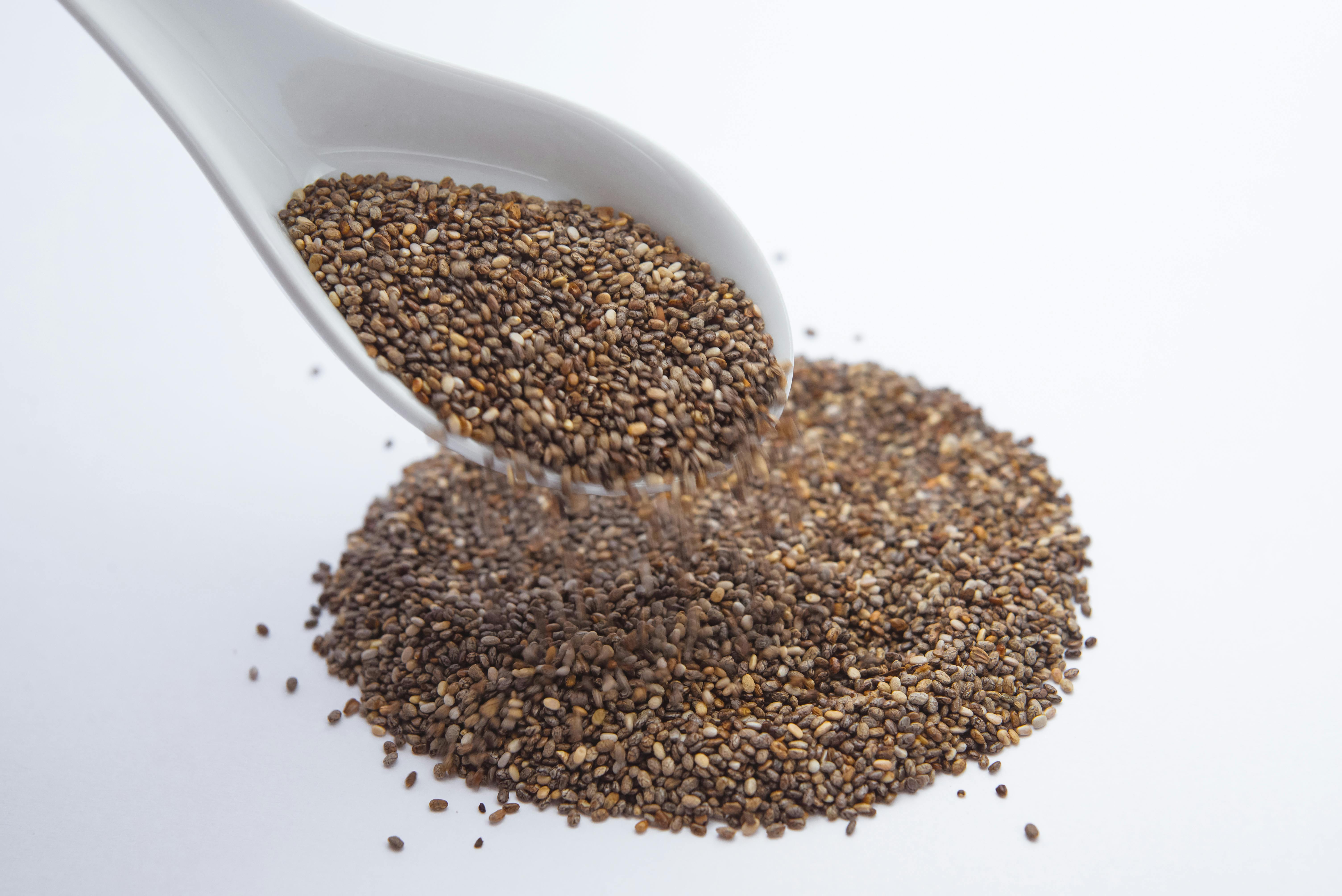
Understanding Keto Gummies and Their Safety for Seniors
Keto gummies have gained popularity as a convenient snack for those adhering to a keto diet, especially among seniors looking for easy ways to incorporate healthy options into their nutrition. As the ketogenic lifestyle emphasizes low-carb, high-fat consumption, many are left wondering about the safety and efficacy of keto gummies for older adults. This article discusses the necessary considerations to determine if keto gummies are safe for seniors, exploring key factors such as ingredients, nutritional needs, and potential health benefits.
Health is a prime concern for seniors, and understanding how keto gummies fit into their diets is essential. A well-balanced approach can aid in managing weight, diabetes, and even heart health. We'll delve into the specific implications of keto gummies for senior citizens, including diabetic-friendly options and nutritional considerations tailored for elderly individuals. Lastly, we'll also consider expert recommendations and potential risks associated with the use of keto supplements.
Today, we will cover key discussion points about the safety of keto gummies for seniors, including their ingredients, health benefits, and practical advice for introducing them to a senior's diet. Let’s start by examining what keto gummies are and how they fit within the keto diet framework.
What Are Keto Gummies?
Keto gummies are a type of snack or supplement designed to align with the ketogenic diet, typically low in carbohydrates and high in fats. They’re often marketed as a way to enjoy a sweet treat without compromising ketogenic dietary restrictions. The interest in keto-friendly snacks like these has grown, as they provide a portable, tasty option for individuals on the go.
Ingredients of Keto Gummies
When considering the safety of keto gummies, one of the primary factors to assess is their ingredients. Most keto gummies utilize sugar substitutes such as erythritol or stevia, which help maintain a low glycemic index. Other common ingredients may include gelatin, coconut oil, and flavorings.
It’s essential for seniors to carefully evaluate these components, as they might be sensitive to certain sweeteners or additives. Furthermore, the nutritional label should be checked to identify any potential allergens or harmful substances. For diabetic seniors, opting for sugar-free gummies is particularly important as they help in managing blood sugar levels effectively while offering a sweet alternative experience.
Health Benefits of Keto Gummies for Seniors
Keto gummies can provide several potential health benefits when consumed mindfully. For instance, their low sugar content can play a critical role in supporting blood sugar control, especially advantageous for seniors managing diabetes. Moreover, keto gummies can be a source of energy, providing quick fuel without the spikes associated with traditional sugary snacks.
Additionally, they can help satisfy sweet cravings, which can be beneficial for those struggling with dietary adherence. The ease of consumption makes them a suitable choice across varied lifestyles, supporting engagement with a healthy diet.
Are Keto Gummies Safe for Older Adults?
While keto gummies often present as a convenient option, seniors must consider their individual health conditions. Consulting with a healthcare provider before integrating them into their diet is pivotal, especially for seniors on medications that might interact negatively with certain sugar substitutes. As older adults may face various health risks associated with the keto diet, such as cholesterol issues or dehydration, it’s vital to adapt the diet according to personal health needs.
Moreover, monitoring how the body responds to these gummies is crucial. Adverse reactions can occur if one isn't aware of their personal sensitivities—thus incorporating them slowly into the diet is wise.
Nutritional Needs and Considerations for Seniors
The nutritional needs of seniors are unique and require special attention, particularly when adopting dietary changes, such as switching to a keto-friendly lifestyle. Elderly individuals often face challenges such as reduced metabolic rates and varying dietary preferences, making careful meal planning essential.
Understanding Macronutrient Needs
On a keto diet, understanding macronutrients—fats, proteins, and carbohydrates—is crucial. Seniors should ensure they are consuming sufficient healthy fats to meet energy needs, alongside adequate protein intake to maintain muscle mass.
Dietary adjustments should consider the balance of these macronutrients while also incorporating nutrient-dense foods, which are key for supporting overall health. Consulting a nutritionist who specializes in elderly care can offer support in developing a sustainable meal plan tailored to keto dietary guidelines.
Hydration and Electrolyte Balance
An often-overlooked aspect of any diet, particularly the keto diet, is hydration and electrolyte balance. Seniors are often at risk for dehydration, which becomes concerning on a low-carb diet as the body responds to decreased carbohydrate intake. This response can lead to an increased need for essential electrolytes.
Senior individuals should ensure they're consuming adequate fluids and considering electrolyte-rich foods or supplements, particularly when integrating keto gummies that may not provide sufficient electrolytes. Being proactive in maintaining hydration can enhance energy levels and prevent potential fatigue or dizziness.
Monitoring Health Changes on the Keto Diet
Seniors adopting a keto diet, including the use of keto gummies, should closely monitor health changes. Regular health screenings and consultations with healthcare providers can help detect any adverse effects or necessary dietary adjustments. This is particularly important for those with pre-existing conditions, such as heart disease or diabetes.
Keeping a food journal to track how diet changes affect mood, energy levels, and overall wellbeing can also be beneficial. Engaging in support groups can offer encouragement and insights on navigating dietary adjustments, further promoting a positive outlook towards the keto lifestyle.
Potential Risks and Misconceptions of Keto Gummies for Seniors
While keto gummies can be a promising addition to a senior's diet, there are potential risks and misconceptions associated with their use. Misunderstanding the nature and purpose of these supplements can lead to unbalanced diets and health issues.
Keto Diet Side Effects to Consider
One significant risk of the keto diet for seniors is experiencing side effects, commonly referred to as the "keto flu." Symptoms such as fatigue, headaches, and irritability may occur as the body adjusts to a low-carb intake. It’s essential to approach this transition gradually while being attentive to one’s body’s signals.
Additionally, seniors should remain aware of any potential nutrient deficiencies that might arise from restricted food choices. Including a variety of foods and consulting a healthcare provider can mitigate these risks effectively.
Addressing Common Misconceptions About Keto
There are many misconceptions surrounding the keto diet, particularly among seniors. Some believe that ketosis leads to rapid weight loss without considering the necessity of sustaining a balanced, nutrient-rich diet. Others may fear that high-fat content is inherently harmful, ignoring the potential benefits of healthy fats in moderation.
Educating seniors on the foundations of the keto diet makes it easier to address these misunderstandings. Providing access to credible resources regarding healthy fats versus unhealthy fats can help seniors make informed dietary choices while embracing the keto approach.
Importance of Expert Consultation
Before making any significant dietary changes, seniors must consult their healthcare providers. This consultation is particularly vital for individuals with chronic health conditions or those taking medications that may be influenced by dietary shifts. Implementing personalized dietary plans can ensure that seniors adopt the keto diet safely while achieving their health goals.
Expert Recommendations for Introducing Keto Gummies
For seniors considering keto gummies, gradual introduction into their diets is crucial. Here are some expert recommendations:
Start Slow and Monitor Health
Introduce keto gummies incrementally and observe how the body responds. This method allows for tracking any adverse effects and adjusting intake accordingly. It's also helpful to keep in communication with healthcare professionals during this phase.
Evaluate Individual Dietary Needs
Each senior will have different health considerations and dietary preferences. Therefore, assessing personal nutritional needs is essential. This evaluation may include looking into any existing health issues, allergies, and dietary restrictions.
Incorporate Variety in Diet
While keto gummies can be a fun addition, they should not be the sole focus. Encouraging a well-rounded diet rich in whole foods ensures that seniors are meeting all their nutritional requirements. This approach promotes long-term success on the keto diet and supports overall health.
Conclusion: Embracing a Keto Lifestyle Safely
In summary, the safety of keto gummies for seniors largely hinges on individual health factors and careful ingredient evaluation. By emphasizing a balanced keto approach and consulting with healthcare providers, seniors can make informed decisions about incorporating keto gummies into their diet. The potential benefits are significant, particularly for managing diabetes and maintaining weight healthily.
For anyone considering this dietary shift, it is paramount to prioritize health, seek expert advice, and engage in a supportive community that promotes healthy lifestyle choices. With the appropriate strategies in place, seniors can successfully navigate the keto landscape, enriching their lives through a well-managed nutritional plan.

